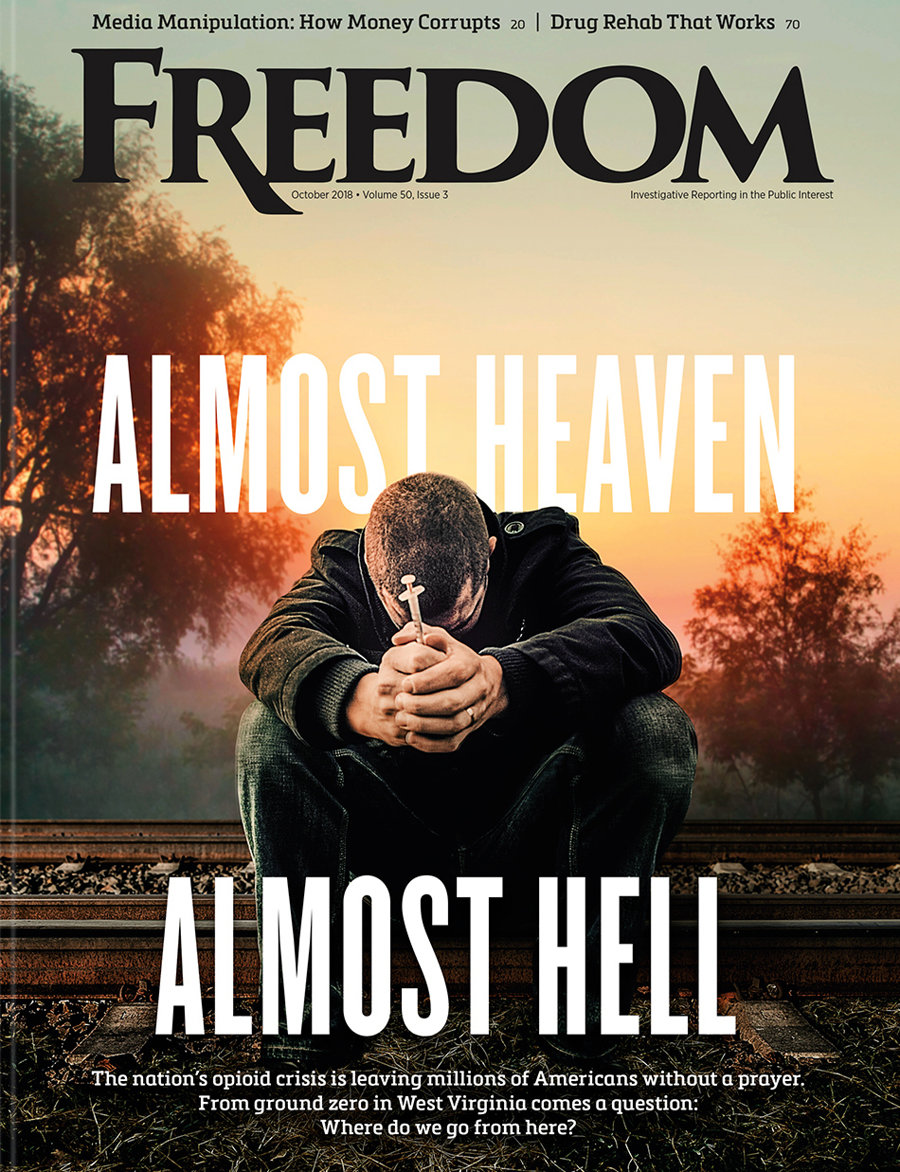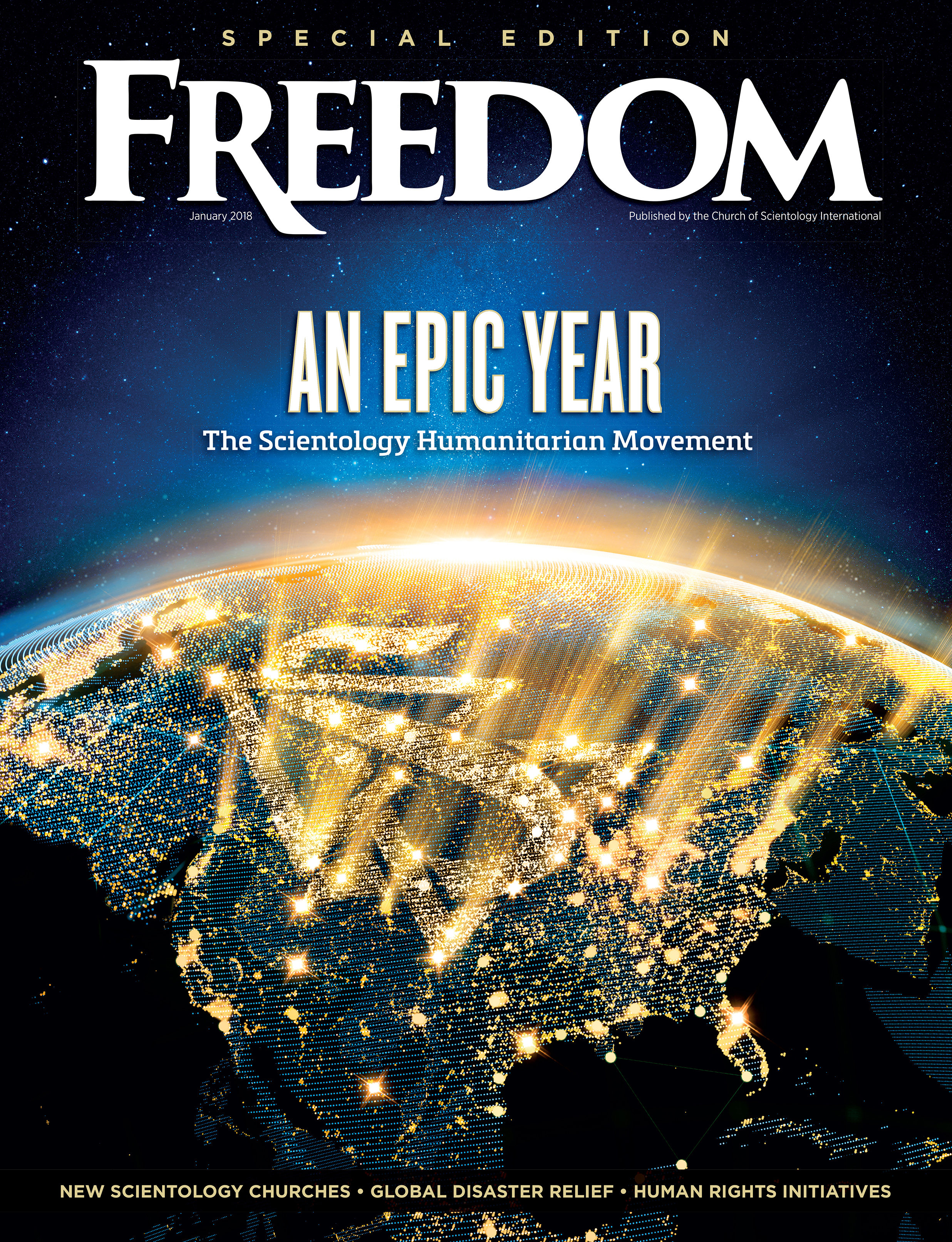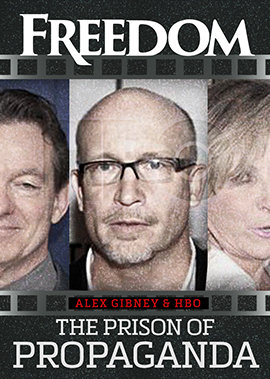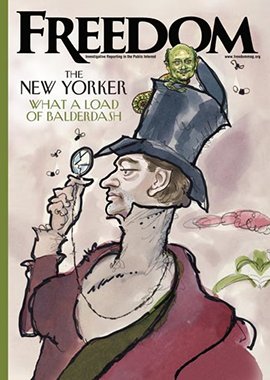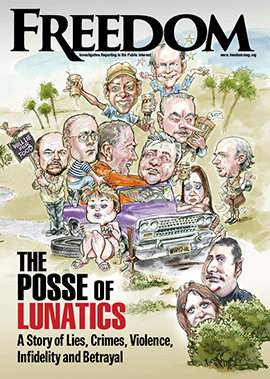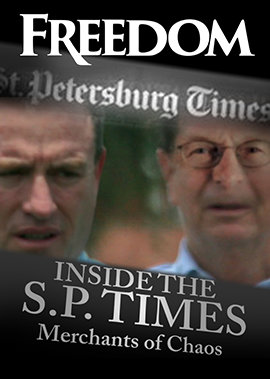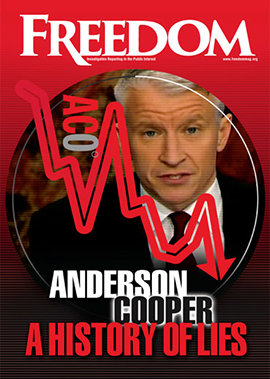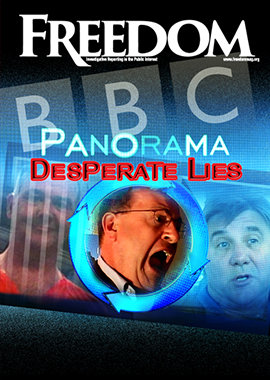“While the resilience of the survivors is inspiring as they try to rebuild their communities, we remain deeply concerned over ongoing threats to their human rights and religious freedom. As Yazidis around the world memorialize the start of the Yazidi Genocide, USCIRF calls on the US government to … remove systemic legislative and political obstacles to the rights and representation of the religious minorities.”
“The resilience of the survivors?” “Ongoing threats to their religious freedom?” “Genocide?”
Those phrases are so common now that they become boilerplate. Just fill in the blank with the current oppressed minority.
Why can’t we turn the page on genocide?
Genocide, an inferno, requires that the embers of suspicion, blame and religious hate be carefully stoked into a flame.
Just over 75 years ago, 152 nations—arguably the whole world—stood up and said no to genocide, putting the vow in writing as the first international treaty of the newly minted United Nations. And yet here we are, with the bloodiest century in recorded history still large in our rearview mirrors—and with no end in sight to genocide against religious and other minorities.
This year, USCIRF called out 17 nations where abuses of religious freedom are so prevalent and commonplace that they have become baked into their legislative and social DNA. Each is a genocide waiting to happen. Not 80 years ago. Not in some theoretical book on some cobwebbed shelf. But here and now.
And on our watch.
You’ve seen the skyrocketing statistics of hate crimes, antisemitism, Islamophobia and other forms of bigotry each year outpacing the preceding one, even in your own hometown. These are the precursors.
Is your religion, your community next?
In spite of eloquent speeches and pretty promises, it has become painfully clear that signed treaties mean little to nothing.
So, if promises won’t rid the world of the threat of genocide, what will?
According to genocide expert Kerry Whigham, who serves as co-director of Binghamton University’s Institute for Genocide and Mass Atrocity Prevention and program director for the Auschwitz Institute for the Prevention of Genocide and Mass Atrocities, we can end genocide if we understand its causes and how to prevent it. He cites five essential points:
Genocide is a process, not an event.
Genocide, an inferno, requires that the embers of suspicion, blame and religious hate be carefully stoked into a flame over a period of time. Just as the Holocaust didn’t begin all at once but grew, step by step, through exclusion and propaganda, so it is the smaller moves—each seemingly innocuous when viewed in a vacuum, but lethal in their cumulative effect—that are at the core of genocide.
Prevention, containment and deterrence of future genocide is also a process.
Whigham points to these three steps to prevent, contain and deter genocide: (1) Identifying the minority groups most at risk and enacting legislation to protect them. (2) Responding to the genocide once it happens through diplomacy, sanctions and international tribunals, not just by military force. (3) Accountability, once the genocide has exhausted itself. One successful example was the truth commission established in South Africa in 1995, empowered to investigate human rights violations and abuses in the wake of the nightmare of apartheid.
Prevention starts with reducing risk.
The early warning signs include a poor religious freedom and human rights record in a country, a history of conflict and the influx of “outsiders”—religious or otherwise. When nations are alert to these risk factors and intervene before the situation gets worse, they can avoid catastrophe.
True prevention starts at home.
To truly prevent future holocausts—just as an individual needs to take an honest look in the mirror to improve—a nation must confront its own human rights and religious freedom abuses and work to reverse them before they erupt into bloodshed. (If a nation can’t or won’t do this on its own, others will have to step in. But by that time, it is often too late.)
The work isn’t over when the genocide stops.
Once a hater has the taste of blood, it’s difficult to quench that thirst. That’s why one predictor of whether a nation will have a genocide is whether it’s already had one. The German extermination of nearly all the indigenous people in German Southwest Africa in 1904 was a chilling premonition of what would come several decades later. Once the genocide is over—once the accounting and truth commissions are sorting out the villains, punishing the guilty and helping the survivors—it is time to lay in alarm systems to detect stirrings of future atrocities.
But these five steps are no sure cure for genocide if the most vital step of all is missing. It’s one that’s not on the list, but all other efforts are pointless without it.
That step is to want this scourge on our species to stop.
The genocide of Jews and others by the Nazis was so ghastly and sweeping that Winston Churchill called it “a crime without a name.”
Holocaust refugee Raphael Lemkin heard the British Prime Minister use that phrase to describe the wholesale slaughter of innocents for nothing more than the “crime” of being who they were—their religion, their race, their ethnicity—and gave it a name: “genocide.”
As citizens of a rapidly shrinking world, we can no longer shrug and say, “It’s way over there, after all. Nothing to do with me.” Wherever the lamps of human rights are guttering, we are the bystanders. The instant we see human rights being abused, whether subtly in cocktail conversation or overtly with shrieks and epithets, we cannot turn our backs.
As Holocaust survivor Elie Wiesel wrote, “What hurts the victim the most is not the cruelty of the oppressor but the silence of the bystander.”
Once all of us stop disrespecting each other, stop targeting communities that aren’t like us and stop abusing them in ways large and small—then and only then, we might just make the “crime with no name” so rare again that it no longer needs one.






